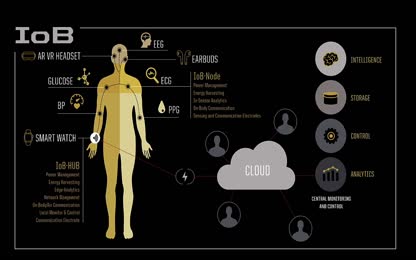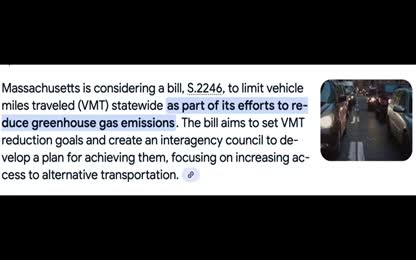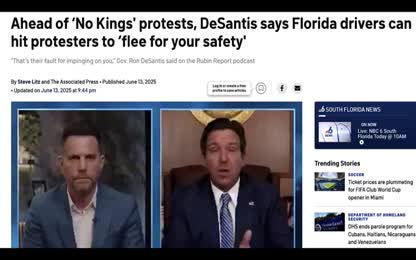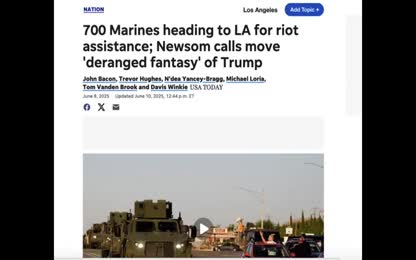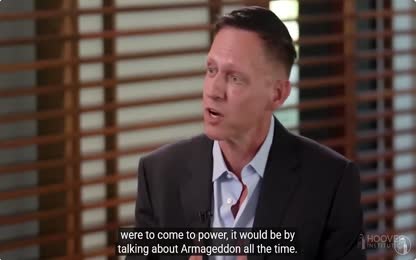Advertisement
DHS Mayorkas Labels Anti-Government Posters ’Biggest Threat’
Alejandro Mayorkas, a Cuban born Jew and son of a "Holocaust Survivor", states that domestic radical extremists who post anti-government "Hate" online are the biggest threat to America. He mentions the Tops supermarket FAKE shooting in Buffalo NY, the FAKE mass shooting in Uvalde Texas and the FAKE shooting at the Highland Park Jew parade in Illinois as examples of what ’wrongthink’ leads to. This is how the Jew plays you, using hoaxes to target people that object to the New Jew World Order. He also mentions that they are bringing in a million immigrants and busing them to cities in the U.S.
- Category: Uncategorized
- Duration: 06:11
- Date: 2022-09-16 21:26:55
- Tags: jews, white genocide, truth demonized, orwellian hate crimes, fake mass shootings, hoaxes
0 Comments
Video Transcript:
Secretary of the United States, welcome back to the Sunday show. Thank you very much, Jonathan. Thanks for having me. So, Secretary of the United States, how are you and the Department of Homeland Security reflecting on this 21st anniversary of the 9-11 attacks? Jonathan, we were very committed to honoring and commemorating the lives that were lost on 9-11. And in the days, weeks and months following as a result of injuries and illnesses suffered on that day. We commemorate those lives on days like this, but we also commemorate an honor of those lives through the work that we do every single day around this country and around the world to keep the American people safe and secure. The Department of Homeland Security was formed in the wake of the September 11th attacks. How has it evolved since then to safeguard the U.S. from foreign threats? The Jonathan, the threat landscape has evolved considerably over the last 20 years. Back when 9-11 occurred in those years, we were very focused on the foreign terrorists, the individual who sought to do a severe harm to enter the United States and do us harm. It then evolved. We began to be more and more concerned about the individual, already resident in the United States, radicalized by a foreign terrorist ideology. Now we are seeing an emerging threat, of course, over the last several years of the domestic violent extremist. The individual here in the United States radicalized the violence by a foreign terrorist ideology, but also an ideology of hate, anti-government sentiment, false narratives propagated on online platforms, even personal grievances. The threat landscape has evolved 20 years ago, upper most in our minds, was not the cybersecurity threat, the threat of cyber criminals or foreign adverse states. Now it very much is. We have evolved. We have grown to meet the evolving threat. We have a cybersecurity and infrastructure security agency. We have a center for prevention programs and partnership to address the threat of domestic violent extremism. We've grown our grant funds working in partnership with state local tribal territorial governments. We've grown along with that threat because it is our obligation to do so to make sure that the American people are safe and secure, regardless of the nature of the threat that we confront. Mr. Secretary, you have said that domestic extremism, quote, is the single greatest terrorism-related threat in the United States. What are the best ways to combat domestic terrorism threat? I think, of course, we have to address the underlying cause, and in fact, the president is convening a summit against hate next week. We have to address why do people radicalize the violence? And we have to work with local communities to equip and empower them to address the threat that could materialize. We have seen in Buffalo, New York, in Uvalde, Texas, in Pylon Park, individuals who showed signs of descending down a path to violence. And we have to educate people on how to identify the signs when somebody is in need of help and to bring that help to bear so that that violence does not materialize. Mr. Secretary, I want to get you on two things before we go. I was reported this week that President Biden has allowed a million migrants into the country as they await hearings. What's the Department of Homeland Securities plan to address the influx of migrants waiting in a clogged immigration system? We have to remember that what we do in the Department of Homeland Security is that we enforce the law. We enforce the laws that Congress has passed. And those are laws of accountability, as well as laws of humanitarian relief. We have an asylum system in this country when individuals arrive in the United States and make it claim a fear of persecution. By reason of their membership in a particular social group, they are able to make a claim for asylum in immigration court. And if their claim does not succeed, they are removed from our country, pursuant to the law. If their claim does succeed, they are granted asylum. That's what we do in the Department of Homeland Security. That is what the law provides that Congress has passed. And finally, Mr. Secretary, one of the reactions has been for governors to send the migrants elsewhere. And I'm wondering, is it appropriate for the governor of Texas to send bus loads of migrants to Washington, D.C., New York, and Chicago? We work very closely with state and local officials who work closely with us. It is very, very important that these efforts to address the needs of migrants, the claims of migrants, as well as the needs and claims of others, that we work in a coordinated fashion, that we work in partnership. The failure to coordinate with us causes disruption. And that is unfortunate. And so I might take it from that, that there's been no coordination between DHS and Texas. You know, we coordinate with the Department of Public Safety in Texas very closely. The governor has chosen not to coordinate his efforts with us. And that's a lost opportunity. And it's creating disruption in different parts of this country.









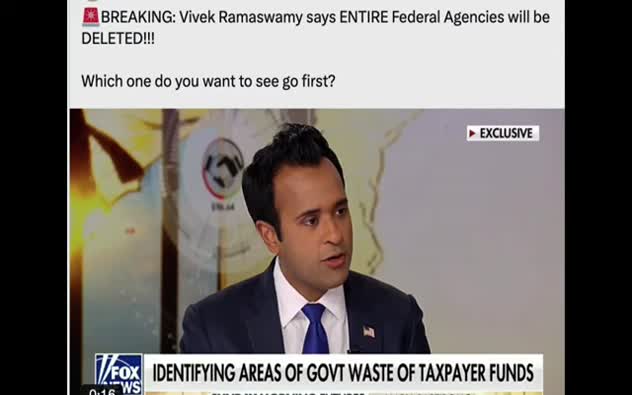
 Donate
Donate